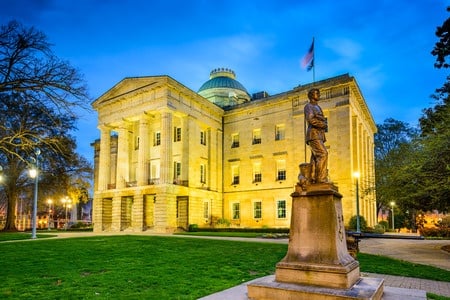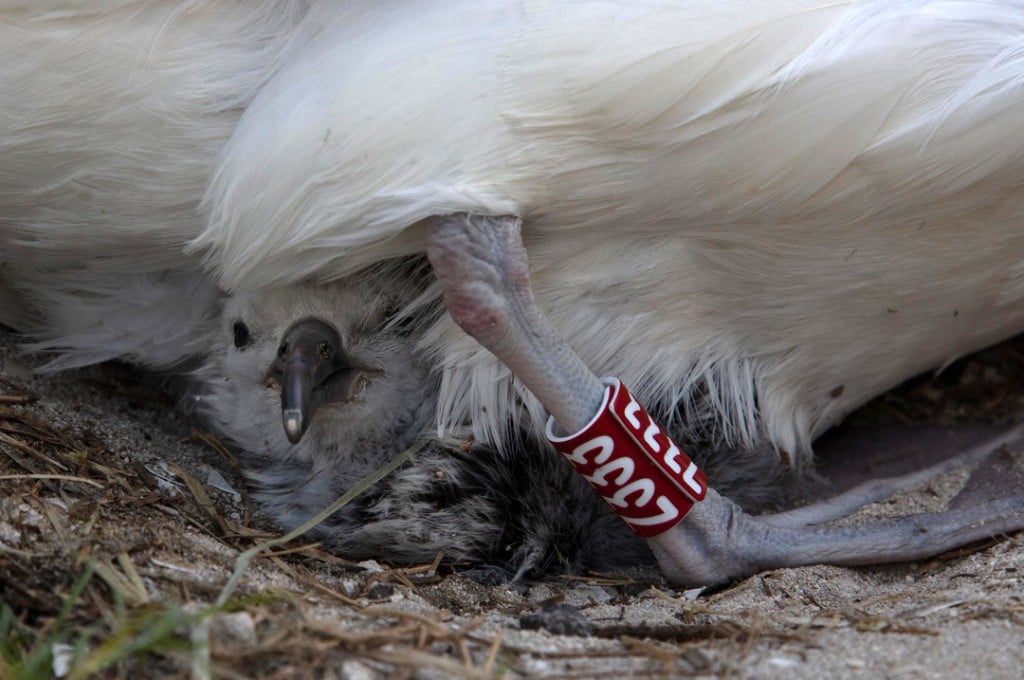Good News Headlines 10/21/2024
The U.S. Gets A New National Marine Sanctuary, The First Led By A Tribe
by Lauren Sommer, NPR
More than 4,500 square miles of ocean will soon be protected by the federal government off the Central California coast. The Biden administration is creating a new national marine sanctuary, which will be the third largest in the U.S. The sanctuary is also the first to be led by Indigenous people. It was nominated by members of the Northern Chumash Tribe, who drove the effort for more than a decade to protect the rugged coastline that is their historical homeland. Going forward, the new Chumash Heritage National Marine Sanctuary will be managed in partnership with tribes and Indigenous groups in the area, who will advise the federal government. It marks a growing movement under the Biden administration to give tribes a say over the lands and waters that were taken from them.
Canceling Subscriptions Has To Be As Easy As Signing Up, The FTC Says In A New Rule
by Alina Selyukh, NPR
Health clubs that demand membership cancellations by certified mail or in person. Cable subscriptions that require lengthy calls to customer service, where representatives aggressively dissuade from cancellation. Federal regulators say they receive around 70 complaints a day about charges for subscriptions that are either arduous to cancel or that people didn’t realize they accepted in the first place. Now, a new U.S. rule will require retailers, gyms and other businesses to make canceling subscriptions as easy as enrolling in them, and to make the subscription process more transparent. The Federal Trade Commission on Wednesday released a final rule called “click to cancel,” which says online subscriptions should require the same number of clicks to end as they do to sign up, and in-person signups should have an option to cancel online or over the phone.
Before And After Photos Of World’s Largest Dam Removal In Calif. Will Have You Cheering For Team Salmon
by Andy Corbley, Good News Network
For years, California was slated to undertake the world’s largest dam removal project in order to free the Klamath River to flow as it had done for thousands of years. Now, as the project nears completion, imagery is percolating out of Klamath showing the waterway’s dramatic transformation, and they are breathtaking to behold. Incredibly, the project has been nearly completed on schedule and under budget, and recently concluded with the removal of two dams, Iron Gate and Copco 1. Small “cofferdams” which helped divert water for the main dams’ construction, still need to be removed. The river, along which salmon and trout had migrated and bred for centuries, can flow freely between Lake Ewauna in Klamath Falls, Oregon, to the Pacific Ocean for the first time since the dams were constructed between 1903 and 1962.
UC San Diego Now Requires Students To Take A Class On Climate Change
by Paige Bennett, EcoWatch
To better prepare students for a future shaped by climate change, University of California, San Diego (UC San Diego) has a new requirement for first-year attendees beginning fall quarter 2024 and beyond. Students must take at least one course relating to climate change in order to meet graduation requirements. As NBC 7 San Diego reported, the new requirements are taking effect for the incoming freshman class of fall 2024 that includes around 7,000 students. There are currently more than 40 courses that meet the newly established Jane Teranes Climate Change Education Requirement (JTCCER), which was named to honor Jane Teranes, a professor at the Scripps Institution of Oceanography and climate education advocate at UC San Diego who died unexpectedly in 2022.
A New Way To Support Grandparents Raising Kids Affected By The Addiction Epidemic
by Drew Hawkins, NPR
Happy shouts and laughter fill the cafeteria at Locust Grove Baptist Church in New Market, Alabama — a small town just outside of Huntsville, in the northern part of the state. While the grandparents eat dinner, their grandchildren chase each other around the tables. They call themselves “grandfamilies.” Everyone here knows each other. It’s the quarterly meeting of a group called Grandparents as Parents, a time when they can get the kids together and catch up over spaghetti, Caesar salad, and homemade chocolate mud pie. But beneath all the joyful camaraderie lie tough stories. These personal histories and traumas bubble up casually, as they can in conversations between people with shared experiences.











